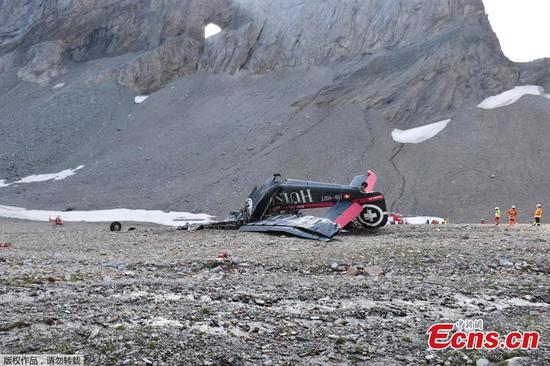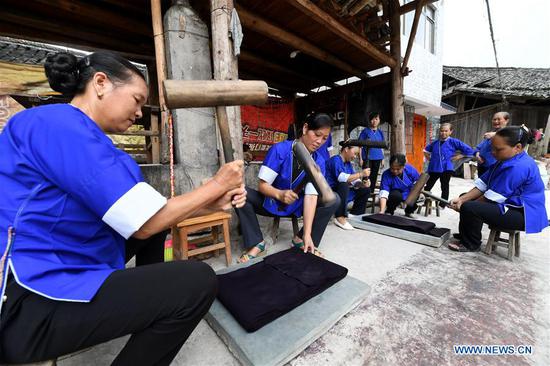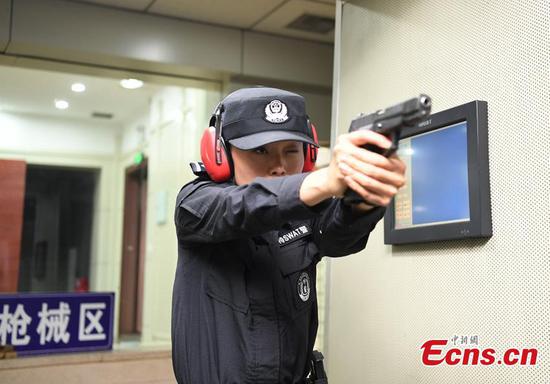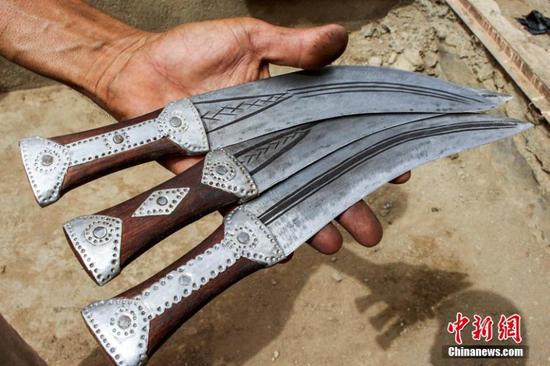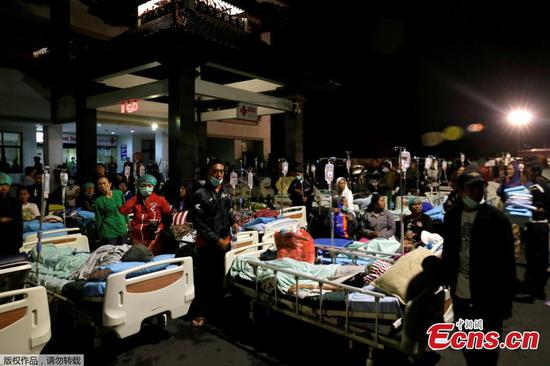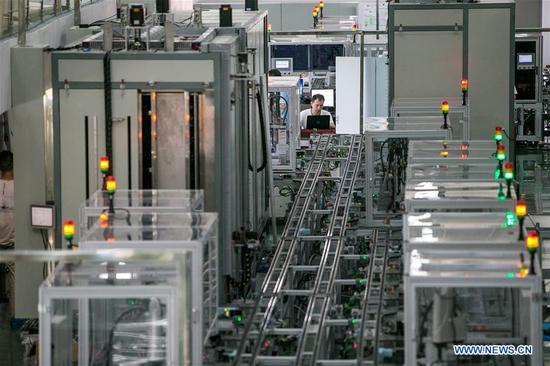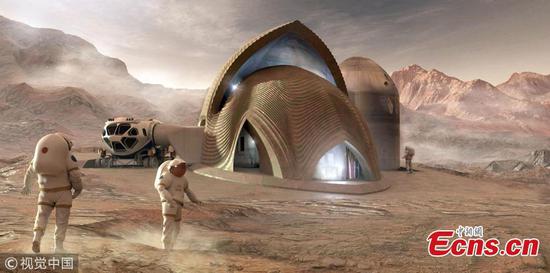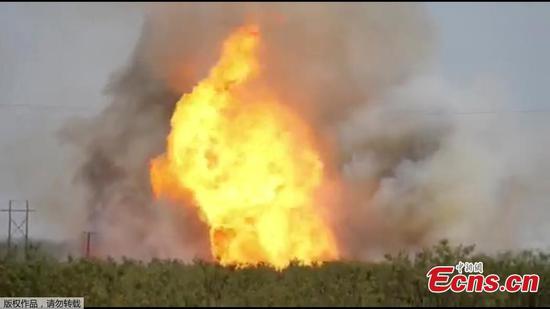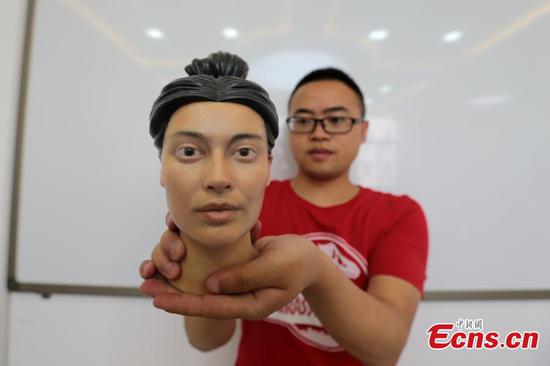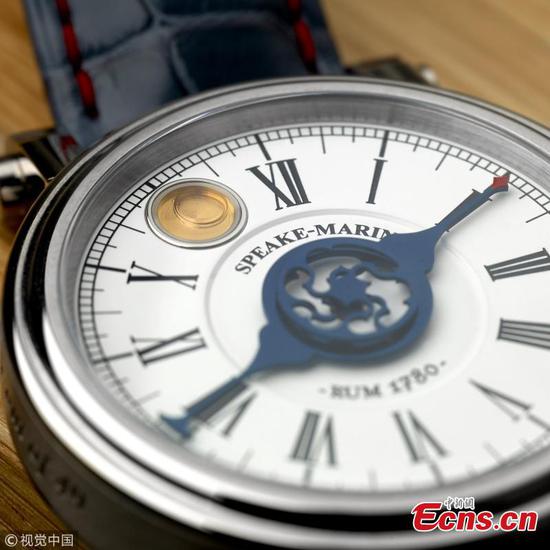On May 17, an OS-X suborbital rocket, the pioneer in Shu's prospective rocket family, blasted off from a testing base in northwestern China. The event was widely covered by domestic and foreign media as a milestone in China's space sector.
"There had been a great deal of difficulties and suspicions before we made it, and some of them still exist now," Shu said. "But I've been convinced for a long time that it's a must for China to open its space sector to private players, and that private enterprises like ours will find our niches. We must persist with our aspirations and efforts despite difficulties and obstacles."
He said many officials in China's space authorities and State-owned space companies are supportive of OneSpace's endeavors and have encouraged him to continue pursuing his goals.
After the launch in May, some space engineers working for State-owned companies applied for jobs at OneSpace. New clients willing to entrust their satellites to his company also swarmed in, Shu said.
"Now I have more than 160 employees, 40 of them recruited after our May launch," he said. "All of us at OneSpace were inspired by the success and now have more confidence in our abilities and technology."
Shu said he does not fear rivals in the industry and hopes that more private companies join the field.
"The more players involved in this sphere, the better and healthier the market is likely to become," he said. "I look forward to seeing more participation from private firms."
The only advice he would give to peers is that "they carefully consider their development paths and profitability".
However, he said only two or three private Chinese rocket enterprises will survive the next five years of fierce competition in the market, and he is sure OneSpace will be among them.
"Of course, OneSpace will not fall down, because we have a united team, advanced technologies and good products," he said. "We will definitely thrive in this field in the coming 20 years."























